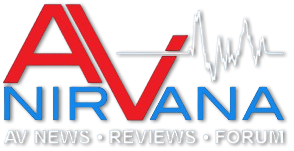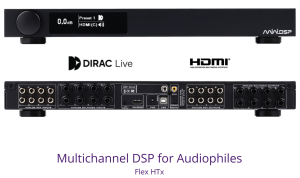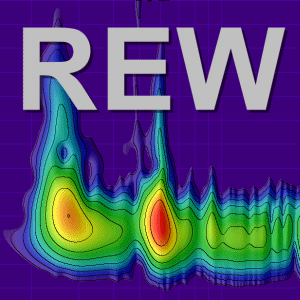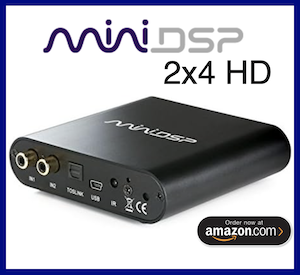chrismeraz
New Member
Thread Starter
- Joined
- Jun 4, 2019
- Posts
- 9
Guys, do you ever get these errors? I get them after every single measurement. I just close them and ignore them, there's nothing wrong with any of my measurements and I can continue making measurements. It's just a pain to have to close them after each measurement.

I'm on a PC with Windows 10, using Universal Audio Apollo on Thunderbolt 3 connection and the ASIO driver in REW. Any idea what might be wrong?
I'm on a PC with Windows 10, using Universal Audio Apollo on Thunderbolt 3 connection and the ASIO driver in REW. Any idea what might be wrong?












